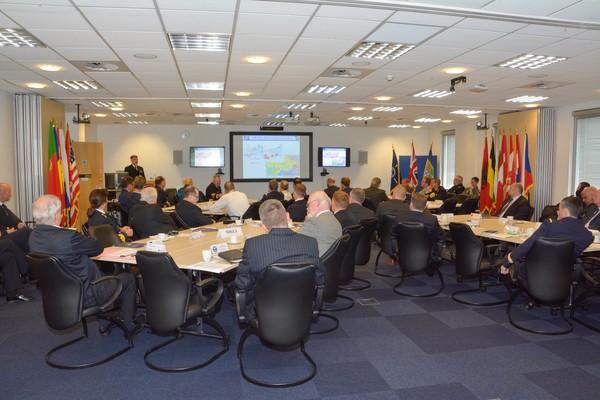On 20 June 2019, the NATO Maritime Command held their 4th Maritime Security Symposium. Due to the attacks on the tankers in the Gulf of Oman the agenda was changed to address these recent incidents. There was consensus that it was difficult to assess the risk of transits in these regions because the intent of the attacks was not clear. One participant noted that while the incidents seemed to avoid human and environmental casualties, the attacks could have ended in a major casualty given the sensitive cargo onboard the tankers.
The second agenda item was piracy in the Gulf of Guinea. The industry representatives were calling for NATO assistance in this region. In response, NATO representatives noted that military forces are instruments of a government, as NATO is ultimately a coalition of national governments. So, the need for military assistance always has to be raised by industry to their respective governments. In this context a representative from the Spanish Navy gave a presentation on its unilateral activities in the Gulf of Guinea (GoG) region.
A third topic on the agenda was Operation Sea Guardian in the Mediterranean. This operation is primarily focused on anti-terror and anti-smuggling measures. NATO representatives called on merchant mariners to share information about any suspicious activities which crews on merchant vessels notice. The maritime industry responded that NATO’s requirements for reporting would need to be more detailed. It was also noted that there were various reporting requirements in place already and any additional reporting was perceived to be a burden.

